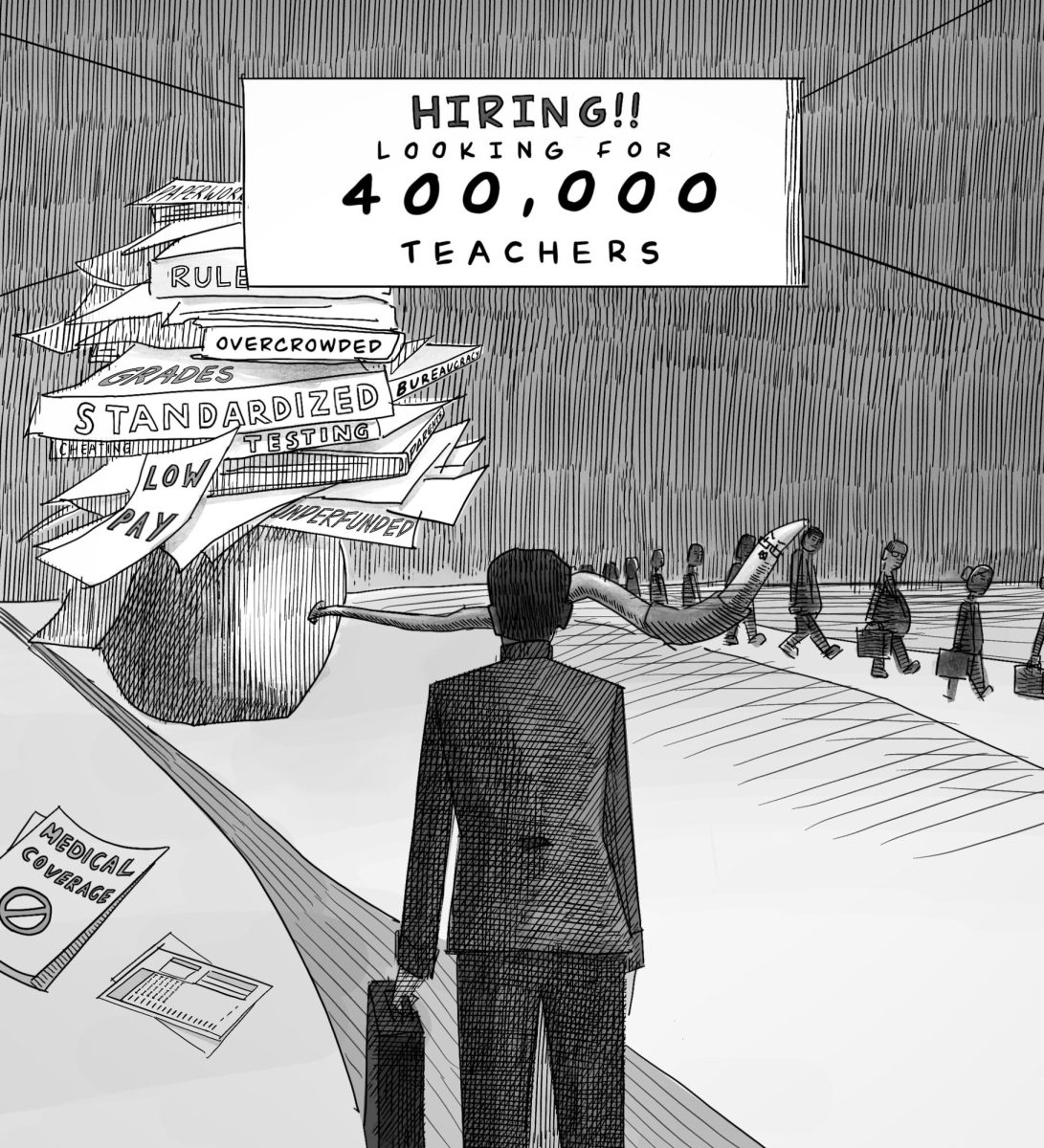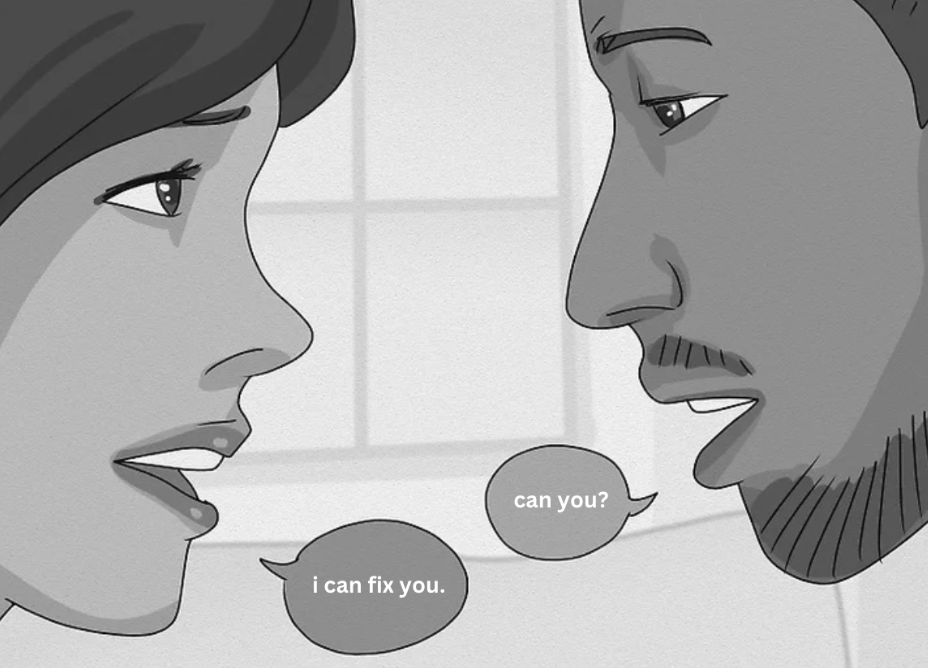Why today’s history students should be more empathic of the people they learn about
By Hugo Vera | Photos Editor
When studying the subject of history, it becomes all too easy to generalize and abhor the historical figures we learn about. For example: while covering the unit on the French Revolution, my world history classmates often scorned King Louis XVI and Marie Antoinette for their horrendous stint ruling France. Some even went as far as to glorify Maximilien Robespierre for having them executed. Yes, it is easy to simply read a textbook and deem the people we read about as either “heroes” or “villains” based on how they handled the situations of their time. In my case, it was effortless to loathe the last royal couple of France because they created debt for their nation to the point where their own countrymen overthrew them. However, it did not seem to occur to any of my classmates (and the French for that matter) that perhaps they should have spent less time jumping to brash conclusions and more time trying to understand the couple’s situation. Both Louis XVI and Marie Antoinette started out as two teenagers who never even wanted to rule, who were forced to marry each other, and whose authority was always embezzled by their constituents. Louis XVI never even wanted to enter France in the Revolutionary War, which caused so much of France’s debt at the time; his advisors made that move. Antoinette acknowledged the fact that she was unqualified to run France and petitioned to defect to Austria, but was denied instead. You can judge historical figures all you want, but until you put yourself in the shoes of said figure, your prejudice towards that character may not be justified.
History is not black and white. There have been, and always will be “blurred lines” in terms of what recorded actions we deem “atrocious” or “ethical.” As Abraham Lincoln once said, “Can we choose to be fitted into the times we’re born into?” We can’t. And nor could those before us.
Case in point. Ulysses S. Grant is often remembered as a failure of a president, an anti-Semite, and a raging alcoholic. While the man did turn to alcohol to mitigate his stress, Grant supported Jewish and African-American rights alike. Has history forgotten that Grant himself defeated General Robert E. Lee and ultimately won the Civil War for this nation? Arguably the greatest misunderstood historical figure is Pontius Pilate. If we look at him from a historical (not religious) standpoint, we could actually learn that he saw no legal fault in Jesus Christ’s actions, considering that preaching was not illegal under Roman law at the time. Pilate only allowed the execution of Christ to take place because he was forced to as a result of political pressure from his more conservative, predominantly-Jewish constituents.
There are thousands of examples of misunderstood historical figures; this is blatantly clear. As students, we should not let the mere writers of history textbooks give us lasting misconceptions of historical figures. We need to have the personal responsibility to use critical thinking to judge the characters of history for ourselves. Think for yourself, because you can.











